Wife of republican President George Bush threatened to steal the Underground Railroad show at the Winspear last night. Not really. (No one steals Kathleen Battle’s thunder.) But she did receive raucous cheers and “thank yous,” from the diva and her audience.

Laura Bush in 2005. Wiki Commons
The sniffling started, a drop wet my cheek, and my daughter grinned impishly — she gets me. This was all by the end of Kathleen Battle’s first song Thursday at the Winspear. But I think it was the intermittent readings from Frederick Douglass, Harriet Tubman and Martin Luther King Jr. that really drew me in, triggered the tears:
Slaves were expected to sing as well as to work. A silent slave was not liked, either by masters or by overseers. “Make a noise there! make a noise there!” and “bear a hand,” were words usually addressed to slaves when they were silent … They were indeed both merry and sad … I have sometimes thought that the mere hearing of these songs would have done more to impress the good people of the north with the soul-crushing character of slavery than whole volumes exposing the physical cruelties of the slave system; for the heart has no language like song. —Frederick Douglass
Thursday Battle (who has faced her share of controversy over the years, but I kind-a like her style) backed by the superb South Dallas Concert Choir and accompanied by two dancing angels in white — Lailah Duke and Xavier Mack of Dallas Black Dance Theatre — performed her Underground Railroad program, which varies slightly from city to city.
For example, the dancers were unplanned, until Dark Circles Contemporary Dance founder Joshua Peugh was charged with Battle’s airport pickup.
“Three days ago, we did not have dancers,” she told the audience, and then Peugh swiftly put an ethereal routine together.
It was impossible, intentionally so, I believe, to not think of today’s refugees and asylum seekers while listening to the show’s lyrics and poetic excerpts.
Frederick Douglass broke the law. He fled the south, escaped from slavery and made it to New York City. He was finally free! But now he was faced with other problems — fear (he was a fugitive), loneliness, joblessness, homelessness.
Even those who get here legally face those types of problems—they are placed in low-rent apartments in high crime areas, they often do not know our language, they miss their families and their homes. Organizations such as Vickery Meadows’ Seek The Peace address such issues.
I once interviewed a family who fled Afghanistan because the father was an interpreter for the U.S. Army. His wife was still angry with him — would hardly speak to him — because she blamed him for having to leave her parents, siblings and all the other people she loved behind so she, her baby and husband might survive.
At the end of the show—after Battle bowed and thanked everyone involved—she asked for quiet and, looking at a brunette bob a few rows ahead of us, she said, “I would also like to thank [former] first lady Laura Bush for being here tonight.”
Bush stood, waved and received rousing applause.
It was last week that the same Bush, a Preston Hollow resident, wrote an op-ed about immigration for the Washington Post:
“I live in a border state. I appreciate the need to enforce and protect our international boundaries, but this zero-tolerance policy is cruel. It is immoral. And it breaks my heart,” she wrote.
“Our government should not be in the business of warehousing children in converted box stores or making plans to place them in tent cities in the desert outside of El Paso. These images are eerily reminiscent of the internment camps for U.S. citizens and noncitizens of Japanese descent during World War II, now considered to have been one of the most shameful episodes in U.S. history.”
All this said, no one who keeps up really is surprised—we’ve known for some time that Laura Bush is at least socially liberal. She opined on a couple of the right’s two big social issues almost a decade ago:


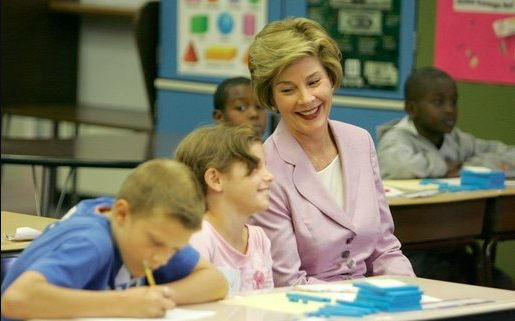
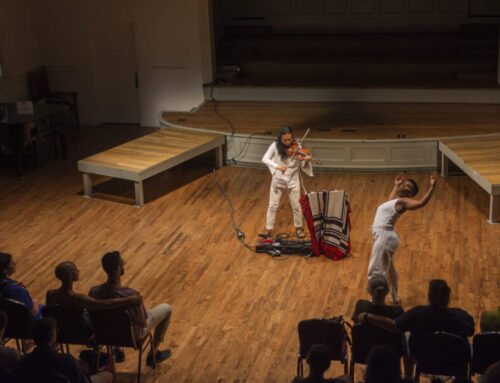
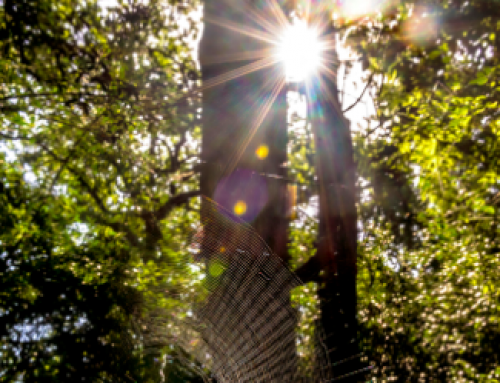
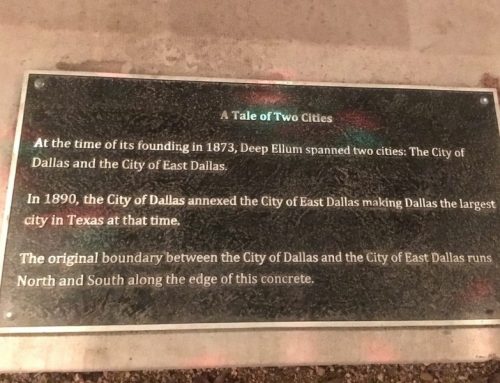
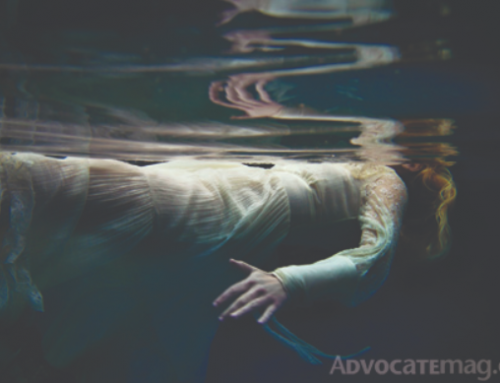
Leave A Comment